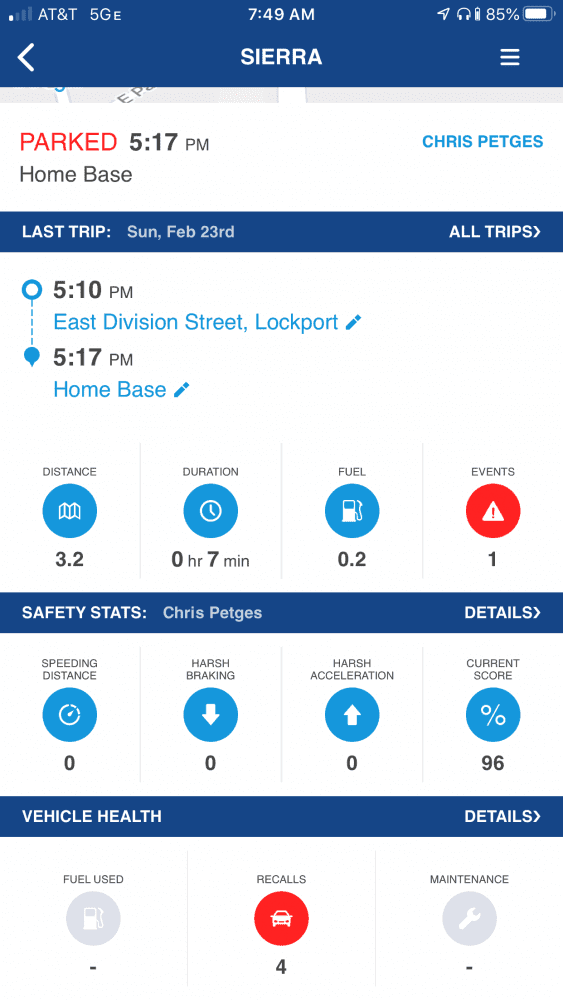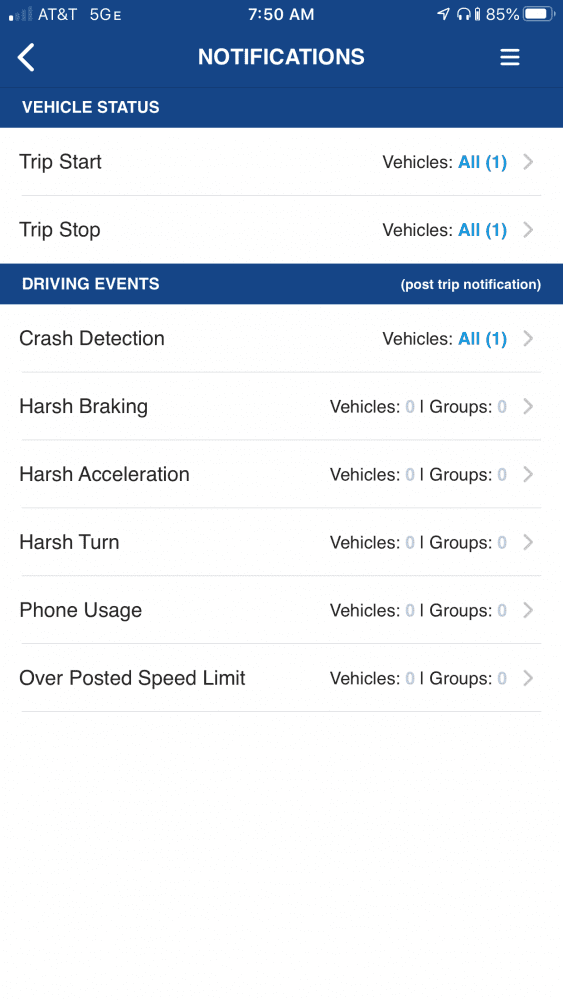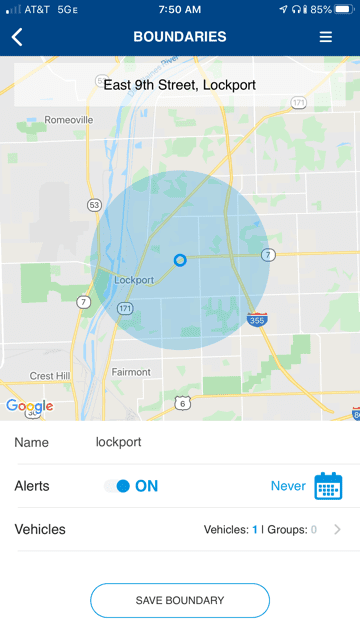Today, most successful and well-run contracting firms are utilizing telematics to manage their fleet. It’s a reliable solution for  grabbing real time data via a wireless communication process. Despite early qualms over using third party technology and ensuing privacy concerns, telematics has finally become part of top firms standard operating procedures.
grabbing real time data via a wireless communication process. Despite early qualms over using third party technology and ensuing privacy concerns, telematics has finally become part of top firms standard operating procedures.
From a Risk Management perspective, telematics gives us insight into operational and safety gaps allowing us to develop strategies and plans to help our clients reduce those risks and ultimately reduce costs. As Insurance Carriers are acutely tuned into any type of claims reduction, they have jumped on the telematics bandwagon and are now offering FREE turnkey solutions for fleet managers. It’s a win/win situation for everyone involved. Note that insurance carriers CAN NOT use the data collected for individual insurance rates or scoring.
Still on the fence if this makes sense for your company?
Here’s why you should make the move:
Know Driving Behaviors Telematics gives you real time data on individual drivers that will allow Fleet Managers to better train and manage their team. Data collected includes:
- Driving behaviors such as speeding, harsh acceleration and braking
- Fuel usage, idling time and other trip details
- Phone and call usage reporting to help reduce distracted driving

Maintenance Reminders Because data is real time, you will have a better hand on maintenance and repair needs – you can set up proactive reminders about recalls, service, and maintenance and no longer have to rely on a team member to input data.
Easier Routing Knowing where your vehicles are at all times, allows Fleet Manager to easily re-route drivers and/or add routes without making a myriad of phone calls.
Keeps Drivers on their Toes Just knowing they are being monitored will keep drivers on task. Many systems will give drivers a score making them very aware of their habits.
Reduced Risk – Reduce Costs Telematics is essentially another level of risk mitigation. When you reduce risk and have better safety protocols and systems in place, you have fewer accidents. Fewer accidents means fewer insurance claims, health issues, and vehicle repairs – which in the end means more money in your pocket.
How to get employee buy-in
You need to make this part of your standard operating procedure. For new drivers this won’t be a problem, it’s getting your current 
The goal is to keep them safe and keep your company operating in the black – the only way to do that is to reduce cost and risk. Telematics is simply a tool that will get you there. Offer bonuses for top “scorers” and support and training for those who need it; eventually you’ll have the risky drivers moving into the safe driving lane in no time at all.
Getting started is easy
The hardware is a simple sensor that typically installs into the 12-volt outlet of any vehicle and then pairs with a mobile application on the driver’s smartphone. The app will collect information about the vehicle and the driver’s performance – that data is then relayed to the Fleet Manager in real time. Set up takes minutes.
Some carriers are offering these programs at a discounted rate and in some cases, even free of charge. The Horton Group team can help you get your Fleet Telematics Program up and running including creating a safety training protocol that will bring you the results you are looking for. Reducing risk and increasing profits with telematics – with a little support from us, it’s almost as simple as plug and play.
Material posted on this website is for informational purposes only and does not constitute a legal opinion or medical advice. Contact your legal representative or medical professional for information specific to your legal or medical needs.


